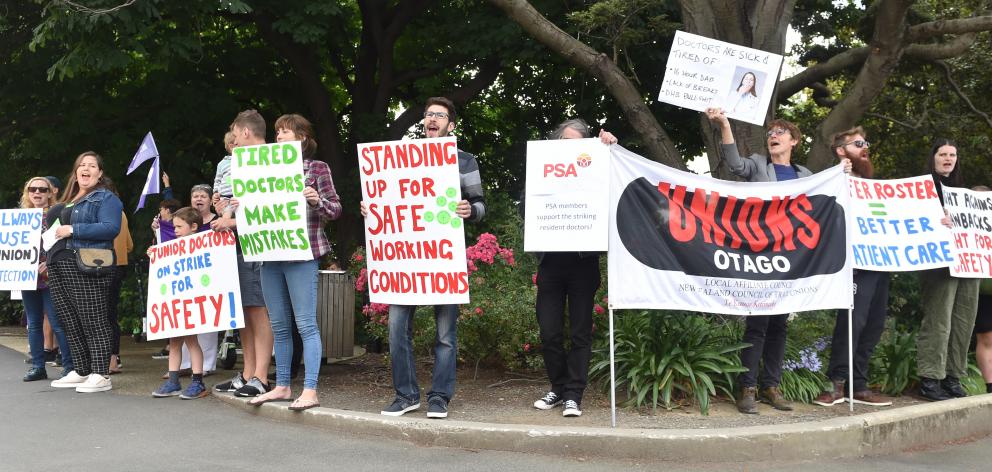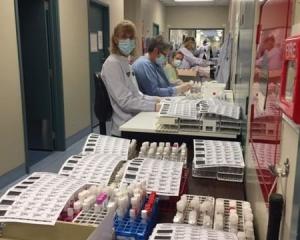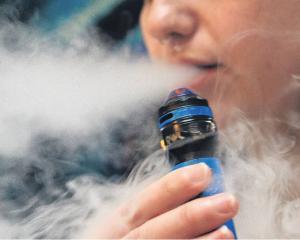Dunedin resident doctors have staged a small but noisy protest this afternoon, as part of a two day nationwide strike which began at 7am.
More than 3000 resident doctors nationwide stopped work this morning and the strike has led to the postponement of hundreds of operations and appointments in the southern region.
All hospitals in the south have been affected by the strike, but remain open for emergencies and essential care - medical professionals are legally unable to strike unless plans are in place to provide life-preserving services.

"Because of the patients, we often go above and beyond what we are rostered on for.''
Tobin Stickings - a local organiser for the Resident Doctors Association - said under the current proposal from district health boards, resident doctors faced losing rostered days off for extended hours and weekend work.
"The proposed changes mean they could impose the rosters they want on us without having much consultation or protection from our union,'' Dr Stickings said
Earlier, Southern DHB chief executive Chris Fleming said the organisation was ready for the strike and patients whose surgery or appointment had been postponed had been contacted.
"We appreciate the patience and understanding of those whose care has been disrupted, and thank all our staff who have been involved for planning for the strike action to ensure patients are safe and cared for.''
DHBs spokesman Peter Bramley has said the organisations had been trying to negotiate an agreement which enabled clinicians and hospital managers to make decisions locally about work rosters.
"The impact of working long shifts was a key driver in the DHBs desire to introduce more flexible rostering, with consultation and involvement of local clinicians and hospital managers, Dr Bramley said.
"DHBs are committed to being good employers supporting safe care and safe working conditions.''
Comments
Nothing but respect for you guys, I hope it is a long time before I need to use your services but Respect ladies and gents. You are worth more and need better conditions and watch bills.












